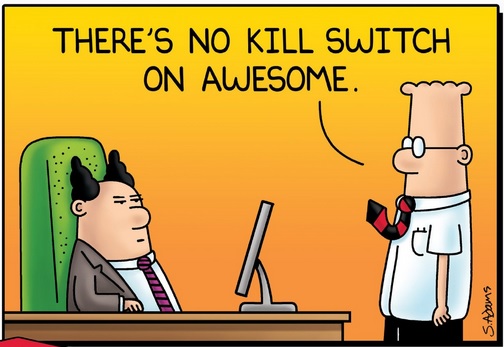According to a recent USA Today article the U.S. birthrate is in sharp decline and is at its lowest levels in the past 25 years. Here’s probably a few facts you don’t know:
– Projected 2013 birthrate in the U.S. is estimated to be 1.86
– Birthrate needed to maintain a population over a 20 year period is 2.1
Why should this concern you?
There are a number of reasons and one might be that you need as many young people as old for the simple fact of having enough young people to take care of your older population. If you turn that equation upside down (Taiwan 1.1 or Portugal 1.3) you have a society full of older people and not enough young people to fill the jobs needed to keep running your society.
The U.S. has 5 Million jobs left unfilled because of lack of skilled employees, today. Imagine if you now have millions of less workers to even choose from, and, by the way, skilled workers aren’t coming from other countries because their societies are growing and need them. That is what our country’s employment picture will look like in 2032. This will be a HR/Recruiting nightmare for those young HR/Talent Pros starting out their careers in the next 10 to 15 years.
Being the Futurist that I am, I’ve already provided a solution to this problem back in 2011 over at Fistful of Talent. Should You Encourage Your Employees To Have Babies, check it out. Basically my advice remains the same, as U.S. employers we need to create a positive, encouraging environment for our employees, with family-friendly policies that make our employees feel like starting a family is a good thing, and that if they do start a family their job and ability to get a promotion won’t be compromised. This is not the case as many U.S. employers right now, for both men and women in the workforce.
As HR Pros and organizations we tend to think this isn’t our issue. It will take care of itself, but as we look at countries with low birthrates, the issue doesn’t take care of itself and those countries have a worker crisis going on right now. We need to change our ways right now. We need to be family friendly employers. We need to, as HR Pros, be concerned and find solutions for our employees around daycare, flexible schedules and other practices that will help our employees with families. I know it sounds a bit the-sky-is-fallingish, but the numbers don’t lie we are headed for some of the hardest hiring this country has ever seen.
One solution I’ve thought of, that I didn’t bring up in 2011, is baby sign-on bonuses! We do it for college students. I think we start doing for babies of our best employees. I mean if parents can arrange their kids marriage, what stops us from arranging their first job? Nothing! That’s what. Imagine how happy your employees would be to cash a $20,000 check to help with baby expenses for the simple task of forcing their kid to come to work with your company upon college graduation. It seems so simple! I’m not quite sure why no one has started this yet…

